Conor Gillies ✰ Audio Producer
 Conor is the audio editor at Jacobin, working on shows such as Long Reads and People’s History, a documentary-style podcast about social movements and class struggle. The first season, “The Point,” followed a group of public housing residents in Boston as they organized for better conditions in the face of disinvestment and privatization.
Conor is the audio editor at Jacobin, working on shows such as Long Reads and People’s History, a documentary-style podcast about social movements and class struggle. The first season, “The Point,” followed a group of public housing residents in Boston as they organized for better conditions in the face of disinvestment and privatization.
Previously, at WBUR, he produced Radio Open Source with Christopher Lydon, a weekly news and culture program, and helped create Stylus, a miniseries about music and sound featured by Third Coast and Transom. He has written for The Awl and has spoken to KCRW about public radio’s misguided foray into podcast advertising, which may have led to a small argument with Ira Glass.
Based in Providence, Rhode Island.
Selected Audio

Sounds overheard one summer evening (website).

William Morris is renowned for his work as an artist and designer. But he was also a one-of-a-kind socialist thinker (website).

An interview with Rashid Khalidi, one of the leading historians of modern Palestine, for a special Long Reads episode about Israel’s war on Gaza (website).
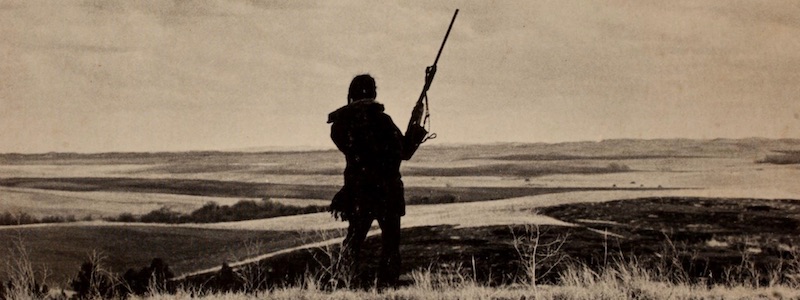
Roxanne Dunbar-Ortiz speaks to producer Conor Gillies about the 1973 occupation and siege of Wounded Knee, and how it inspired a wave of international support (website).

John Bellamy Foster discusses Marx’s theory of ecology and the “metabolic rift” shaping humanity’s relationship with nature (website).
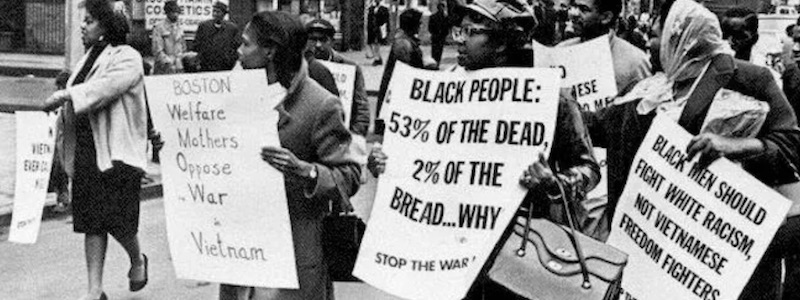
The second in a six-part story about tenants in Boston public housing—and how their struggle became connected to a wider Black freedom movement. In this episode, Columbia Point residents and Mothers for Adequate Welfare use militant tactics to get services they are owed (website with the full series).
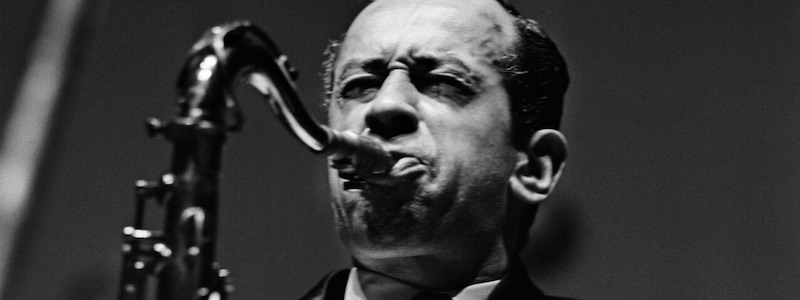
Robin D. G. Kelley and others join to discuss Johnny Hodges, alto saxophonist and star of the Duke Ellington band known for blues feeling, storytelling, and the sheer beauty of his sound and tone (website).
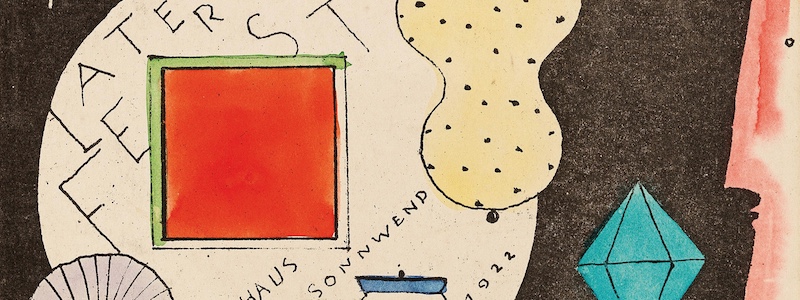
The Bauhaus school lasted only fourteen years, till fascists suffocated it in 1933. Yet as a model of design, it has arguably ruled the world for a century (website).

With Dylan, you hear many things: rural protest storyteller, Greenwich village freewheeler, king of rock surrealism, modernist beatnik, and people’s poet (website).

We’re listening with composer John Luther Adams to his famously oceanic, and at the same time minimalist, orchestrations (website).
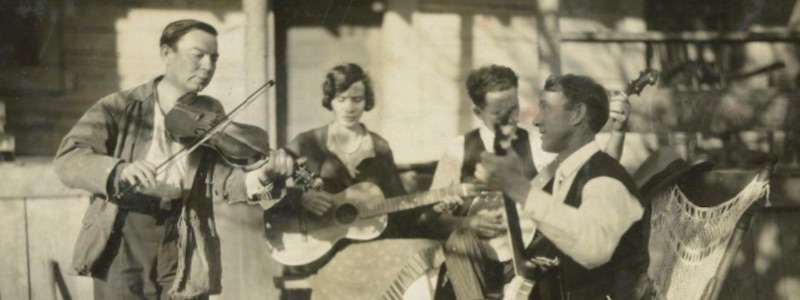
Greil Marcus locates a hidden history in just three strange songs, all of them worthy of obsession and homage: “The Ballad of Hollis Brown,” “Last Kind Words Blues,” and “I Wish I Was A Mole in The Ground” (website).

Throughout these piano works, one hears a master of forms: sonata, fugue, and perhaps variations as Beethoven’s signature. The notion was to take a motif and re-imagine it, transfigure it, over and over (website).

There’s no other singer who ever made us cheer and cry at the same time (website).
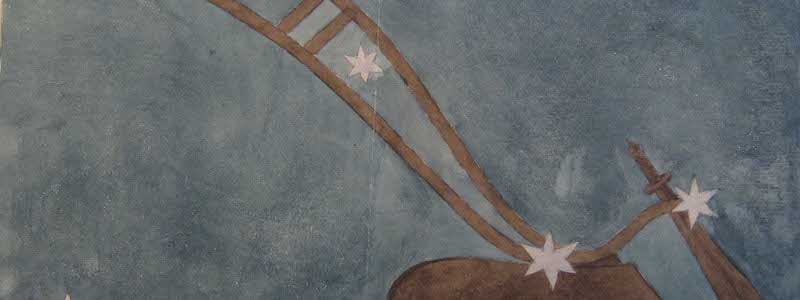
A centenary show about Ireland’s 1916 Easter Rising, a fascinating, tragic episode that blended literature and liberation, defeat and victory, national reverence and remorse, and beauty and terror. With Colm Tóibín and others (website).

Riley reflects on one of his early, tape-loop-based works. A multi-saxophone, live version of the piece by Evan Ziporyn was being premiered for an 80th Birthday Concert at MIT (more info).

The St. John Passion is a monument to eternal sadness and excruciating suffering rendered in musical language what no other language could (website).
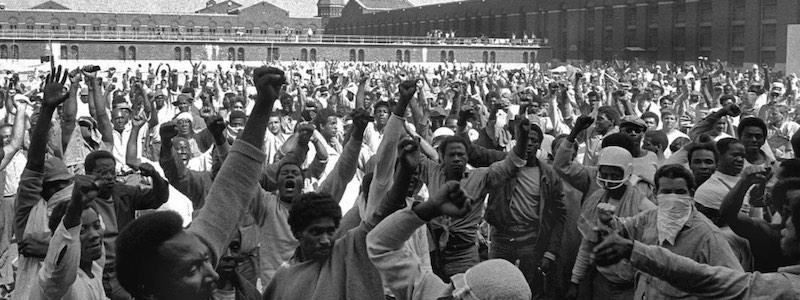
We’re revisiting the 1971 Attica prison revolt. It marks the twilight of the civil rights movement and the dawn of mass incarceration (website).
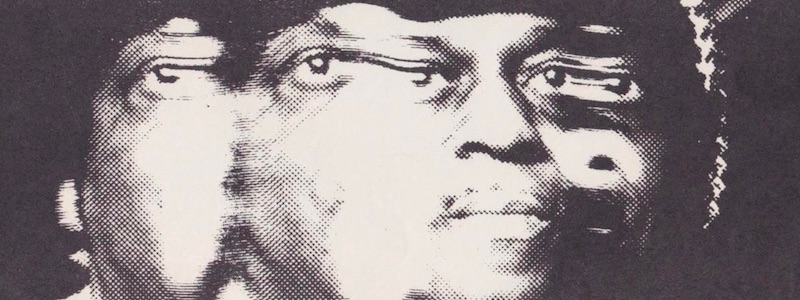
For as long as we’ve wondered about alien worlds, we’ve wondered also: What might they sound like? This is the final episode of Stylus, a podcast about themes in music (website with the full series).

This hour begins with a historic moment in music–the 1952 performance of John Cage’s 4'33"–then journeys into the absolute quiet of anechoic chambers, down the hallways of monasteries, and beyond.
Variable bitrate mp3s display incorrect timecodes. The Adams interview and Stylus episodes are all about an hour long.